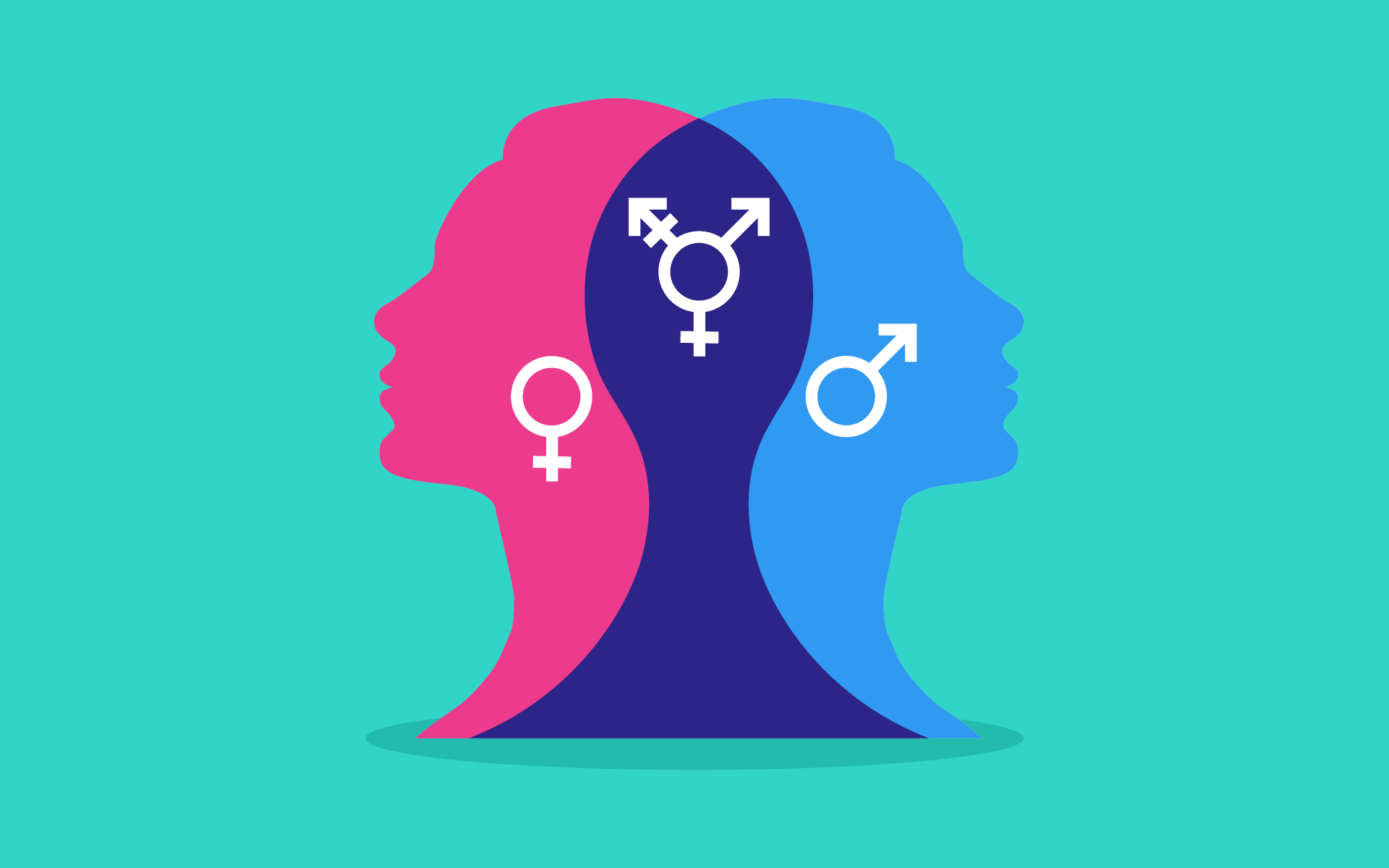For the first 48 years of my life, I was assumed to be a girl or woman. Like many women, I had painful periods and fretted about my hips and thighs being too fat.
From age 21, I worked in a traditionally male-dominated career: IT. As a woman, I had to be twice as good as the men to be perceived as equal.
I dated men who told jokes that sexualised women. I always walked to my car with my keys held in my fist, ready to defend. I crossed the road when I thought I was being followed.
I was patronised when I tried to buy a car or any kind of technology. I was told to smile more by strangers – always men.
In short, I spent almost half a century marinated in misogyny, just like every girl and woman.
When I realised I was transgender and embarked on my medical transition, I obviously expected changes in my life. I expected my voice to deepen, facial hair to grow, and my hip fat to move to my stomach.
I expected to be read as a man once these changes occurred. What I didn’t expect was that I’d become a more radical feminist.
Just after I started to “pass” as a man to strangers, I went looking for a car in a shabby area of Johannesburg where the cars were cheaper. I walked between the dealers since they were close together.
While walking, I was shocked to realise I felt comfortable doing that alone for the first time in my life.
It was as though I had somehow acquired an invisible protection shield. (I later realised it was because men ignored me as I passed them.) Wow, I thought: what an unexpected bonus!
At each forecourt, I was greeted with a friendly, “Hello, sir! What is it you’re looking for?”
When I gave my list of requirements, the salesmen nodded thoughtfully and walked me over to something fitting.
Not one tried to tell me I should look for something else. They all assumed I had knowledge of car engines and performance.
Suddenly I had become an equal to these men who, when I had presented as a woman, would undoubtedly have patronised me.
For the first time in my life, I was respected throughout the process of buying a car.
I could tell many stories like this after four years of being read as a man. These stories are the reason my feminist views have strengthened.
During those first 48 years, I tended to believe men (and even some women) who told me I was imagining things were more difficult for women.
Now that I’ve experienced both sides of the coin, I can confidently say that men get the better deal.
Despite feminism having been embraced more extensively in the last few decades, women still experience discrimination and harm caused by men.
Now that I’m on the other side, it’s become startlingly obvious. I see it far more than I ever did before my transition.
In my view, all good men should be feminists. Feminism isn’t all about putting women first.
It’s also about trying to end the toxic masculinity that can result in men taking their own lives because they have been raised to believe that sharing their problems makes them weak.
I see it as my responsibility, having experienced life on both sides, to create more awareness among men of the harm caused by toxic masculinity and to validate women, who already know this.

Leave a Reply